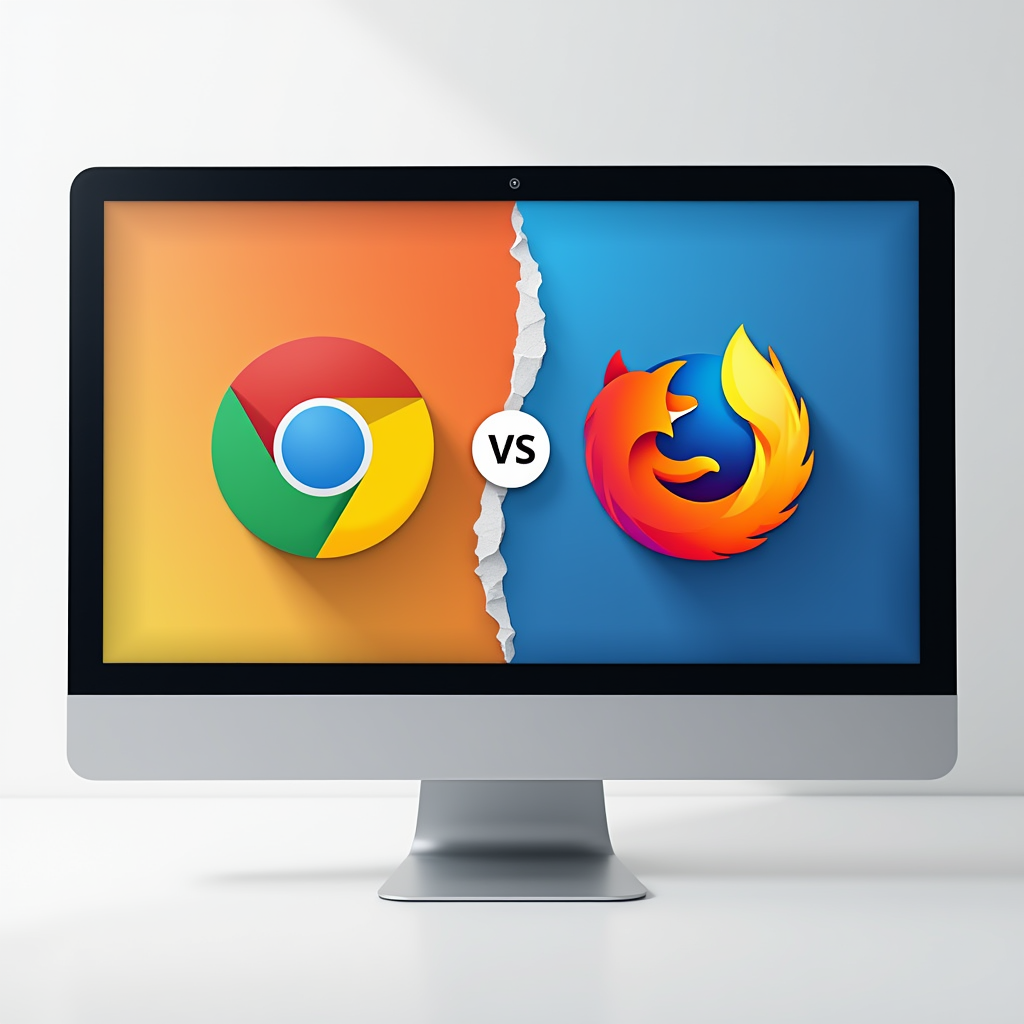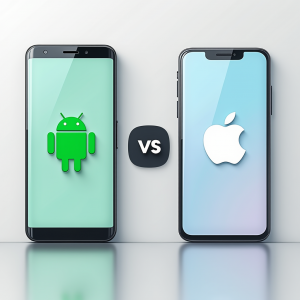
In the digital age, your web browser is your gateway to the internet. With over 2.65 billion users worldwide, Google Chrome and Mozilla Firefox stand as the most popular browsers, each offering unique strengths and experiences.
This comprehensive guide will dive deep into the Chrome vs Firefox debate, helping you make an informed decision about which browser best suits your digital lifestyle.
Browser Basics
What Makes a Great Web Browser?
A superior web browser should offer:
- Fast performance
- Strong security features
- Privacy protection
- User-friendly interface
- Extensive customization options
- Compatibility with web standards
Google Chrome: A Comprehensive Overview
Pros of Google Chrome
- Exceptional Speed: Lightning-fast browsing experience
- Vast Extension Library: Thousands of add-ons and tools
- Seamless Google Ecosystem Integration: Perfect sync across devices
- Regular Updates: Frequent security and performance improvements
- Cross-Platform Compatibility: Works across multiple operating systems
Cons of Google Chrome
- High Resource Consumption: Can be memory-intensive
- Privacy Concerns: Extensive data collection by Google
- Battery Drain: Potentially higher power usage on laptops
- Limited Customization: Less flexible compared to some browsers
Mozilla Firefox: The Privacy-Focused Alternative
Pros of Mozilla Firefox
- Strong Privacy Protection: Robust anti-tracking features
- Open-Source Philosophy: Community-driven development
- Customization Options: Highly adaptable user interface
- Lower Resource Usage: More efficient memory management
- Strong Commitment to User Privacy: Minimal data collection
Cons of Mozilla Firefox
- Slightly Slower Performance: Marginally less speed compared to Chrome
- Smaller Extension Library: Fewer available add-ons
- Less Seamless Ecosystem: Limited cross-device synchronization
- Occasional Compatibility Issues: Some websites optimized for Chrome
Detailed Comparison
Performance Comparison
| Aspect | Google Chrome | Mozilla Firefox |
|---|---|---|
| Speed | Fastest Overall | Competitive Performance |
| Memory Usage | High Resource Consumption | More Efficient |
| Privacy Features | Limited Built-in Protection | Advanced Tracking Prevention |
| Customization | Moderate Flexibility | Highly Adaptable |
Extension and Add-on Ecosystem
Chrome Advantages
- Largest extension marketplace
- Seamless Google Web Store integration
- Extensive developer support
- Quick approval process for new extensions
Firefox Advantages
- More privacy-focused extensions
- Open-source extension development
- Stronger security vetting process
- Greater control for developers
Who Should Choose Google Chrome?
Chrome is ideal for:
- Users deeply integrated with Google ecosystem
- People prioritizing speed and performance
- Those who use multiple Google services
- Web developers and professionals
- Users with powerful hardware
Who Should Choose Mozilla Firefox?
Firefox is perfect for:
- Privacy-conscious individuals
- Users with older or less powerful devices
- Those concerned about data tracking
- Open-source software supporters
- People seeking high customization
External Resources
Frequently Asked Questions
Q: Which browser is more secure? A: Firefox offers stronger built-in privacy protection, while Chrome relies more on extensions.
Q: Do these browsers work on all devices? A: Both are available on Windows, macOS, Linux, Android, and iOS.
Q: Can I import bookmarks between browsers? A: Yes, both browsers offer easy bookmark and data import features.
Conclusion
There’s no absolute “winner” in the Chrome vs Firefox battle. Your ideal browser depends on personal priorities: performance, privacy, ecosystem, or customization.
















